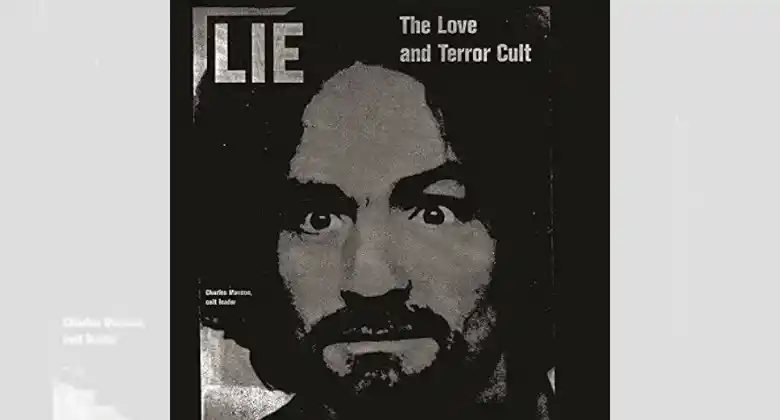In this article, we’ll explore the twisted life of Charles Manson, one of America’s most infamous cult leaders. From his early years to the shocking Manson Family murders, we’ll uncover how Manson manipulated his followers into committing brutal crimes. We’ll also touch on his strange connections, from The Beach Boys’ Dennis Wilson to wild conspiracy theories. Whether you know his story or not, this dive into Manson’s dark legacy promises to be both fascinating and chilling.
Table of Contents
Young Charles Manson
Charles Manson was an infamous American cult leader and criminal who led the “Manson Family” in the late 1960s. Like other notorious figures, such as Edmund Kemper, Manson’s criminal mind developed early, shaped by a troubled childhood. He and his followers committed a series of brutal murders. The most famous were the Tate-LaBianca murders in the summer of 1969.
Manson’s charismatic yet controlling personality allowed him to exert control over his followers. The Manson family members were mostly young women and men seeking a sense of belonging and purpose.
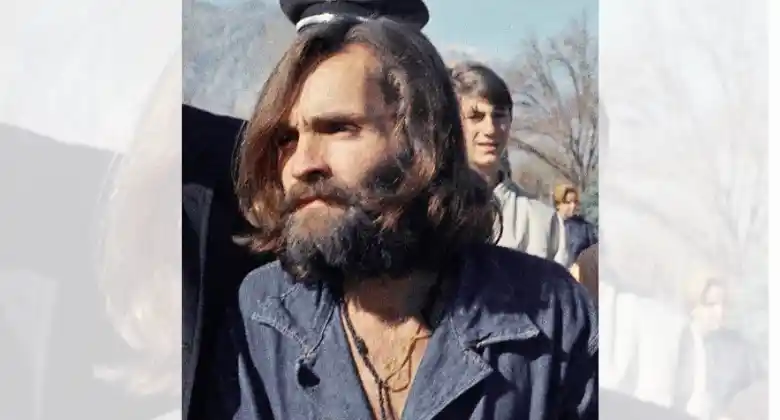
Manson promoted a strange philosophy, combining doomsday beliefs and racial hatred. He also included his own distorted views on music and pop culture. He aspired to be a successful musician, but his talent was limited. He sought recognition and influence through music, ultimately using it as a tool for his own twisted agenda.
He never directly participated in the physical act of the murders, instead had his followers to carry out these acts. The court found him guilty of first-degree murder and conspiracy to commit murder. He was originally sentenced to death, but later, California ended the death penalty and changed it to life in prison. In 2017, Manson died in prison of natural causes.
Manson’s crimes and the cult-like following he amassed continue to fascinate and horrify people to this day.
Read about the Different Degrees of Murder and their definitions.
Charles Manson Ear
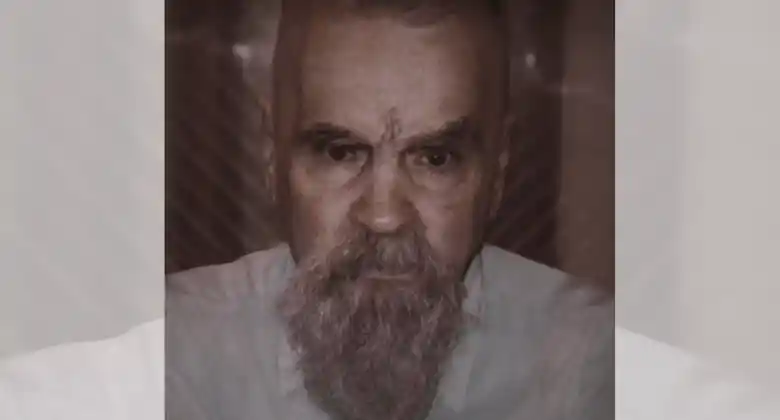
During his time in prison in 1975, Charlie Manson partially cut off a portion of his left ear with a razor blade. The exact reasons for this act remain somewhat unclear, but it is believed to be a combination of factors:
People knew Manson for his rebellious and defiant nature. He often engaged in acts to demonstrate his disdain for authority and societal norms. Cutting his ear might have been a way to keep control and show his individuality, even in prison.
Many questioned Manson’s mental health as he exhibited signs of paranoia and delusions. One could interpret the self-mutilation as a creation of his underlying psychological issues.
Curious about their thought processes? Explore The Mind of a Serial Killer further.
Manson craved attention and notoriety. His actions, even when harmful to himself, often kept him in the public eye. They also reinforced his image as a dangerous and unstable person. The incident with his ear further solidified Manson’s image as a disturbed and volatile individual.
Stories You May Also Like:
- Gabriel Fernandez: Story of Abuse and Systemic Failure
- Chad and Lori Daybell: Dark Spirit Murderers Revealed
- Why did the Menendez Brothers kill their Parents?
Charles Manson Jr.
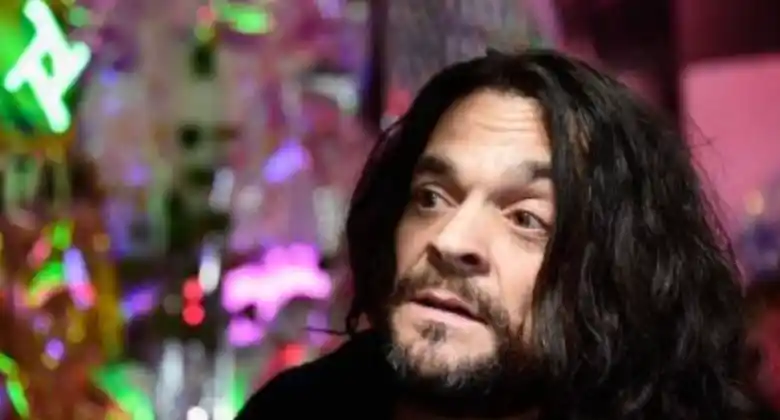
Charles Manson Jr., also known as Jay White, was the son of Charles Manson and his first wife, Rosalie Jean Willis. Born in 1956, Charles Manson Jr. struggled throughout his life with the burden of being the son of the infamous cult leader.
He legally changed his name to Jay White to distance himself from his father’s legacy. The shadow of his father’s crimes haunted him, despite his efforts to escape. This had a profound impact on his life and mental health. He died by suicide in 1993 at the age of 37.
Charles Manson Jr.’s story is a tragic reminder of the far-reaching consequences of his father’s actions. Even though he tried to forge his own path, the weight of his family history proved too heavy to bear.
Read about John Wayne Gacy, the notorious Pogo the Killer Clown, and his horrifying crimes.
Charles Manson – CIA: An Investigative Thread
The relationship between Charles Manson and the CIA remains a subject of intense speculation and debate.
No clear evidence of a direct link exists. However, many theories and chance encounters have raised suspicion and interest for years.
Theories and Connections:
The CIA’s notorious mind-control program, MK-Ultra, experimented with various methods, including LSD and hypnosis, to manipulate individuals’ behavior.
Some researchers suggest that Manson may have been a subject or an unwitting victim of these experiments. They consider his exposure to LSD and the controlling tactics he used with his “family.”
Journalist Tom O’Neill wrote a book called “Chaos: Charles Manson, the CIA, and the Secret History of the Sixties.” The book explores connections between Manson and a CIA operation called CHAOS.
This operation aimed to disrupt and discredit counterculture movements in the U.S. during the 1960s. O’Neill’s research found a group of people connected to both Manson and intelligence agencies. This suggests possible surveillance or schemes.
Manson’s vision of a race war, called “Helter Skelter,” came during a time of increased racial tension in the US.
Some people think he may have used his actions and words to make the social climate worse. They might also have served as a distraction from other secret operations.
Dennis Wilson – Charles Manson
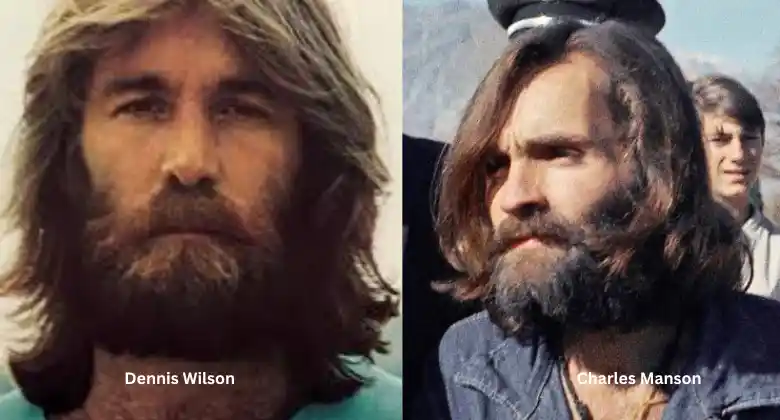
Dennis Wilson, a member of The Beach Boys, and Charles Manson had a brief but complex relationship in the late 1960s. Manson later arrived and ingratiated himself with Wilson. Wilson felt attracted to Manson’s charisma and musical aspirations.
Manson and his “Family” moved into Wilson’s house for a time, taking advantage of his kindness and resources. Wilson found Manson fascinating, viewed him as a creative figure, and even introduced him to music industry contacts. Wilson recorded one of Manson’s songs, “Cease to Exist,” reworked as “Never Learn Not to Love,” for The Beach Boys. Manson felt slighted by the changes and lack of credit, causing tension in their relationship.
As Wilson became more aware of Manson’s controlling behavior, he grew increasingly uncomfortable. He eventually distanced himself from Manson and his followers.
Some reports say Manson threatened Wilson with a bullet, leading to a fight where Wilson allegedly beat up Manson. The experience with Manson deeply affected Wilson. He felt guilt and fear about being with the cult leader. Many believe this led to his later problems with drugs and mental health.
In summary, Dennis Wilson and Charles Manson had a short but intense relationship. It began with fascination, then turned to exploitation and fear.
Films about Charles Manson
Watch “Helter Skelter“

This is a made-for-TV movie based on the book of the same name by Vincent Bugliosi, the prosecutor in the Manson trial. It dramatizes the events leading up to the Tate-LaBianca murders and the subsequent investigation and trial. While some details are fictionalized, it’s generally considered a faithful adaptation and a good starting point for learning about the case.
Watch “Charles Manson Then and Now“
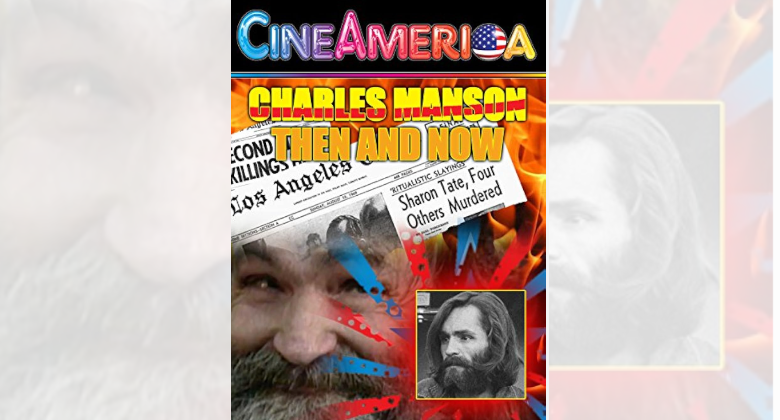
Since 1970, when his “cult family” embarked on a murderous spree, America has been captivated by a morbid fascination with the notorious sociopath, Charles Manson.
Watch “House of Manson“

This independent film focuses on Charles Manson’s early life and the events leading up to the formation of his “Family.” It attempts to portray Manson as a complex and troubled individual, exploring the factors that may have contributed to his descent into violence. However, it’s received mixed reviews, with some finding it overly sympathetic to Manson.
Charles Manson Interview
Watch “Charles Manson’s 1981 Interview with Tom Snyder“
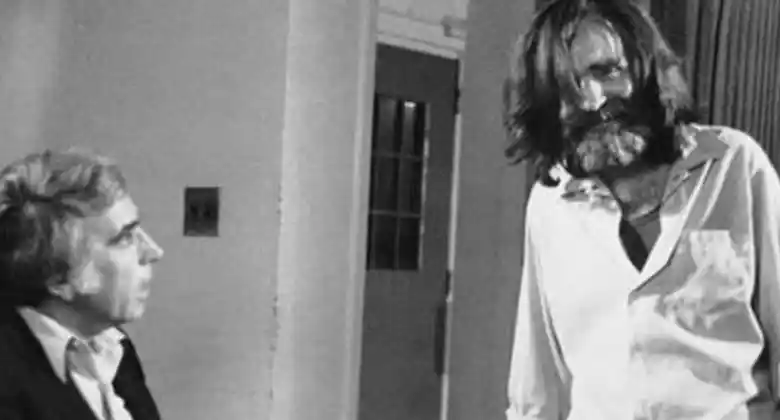
In June 1981, Tom Snyder, host of NBC’s late-night talk show “Tomorrow,” conducted a landmark interview with Charles Manson at California Medical Facility in Vacaville. This interview, Manson’s first on network television since his imprisonment, offered a rare glimpse into the mind of the infamous cult leader.
Charles Manson Documentary
Watch “Charles Manson: The Final Words“

Rob Zombie narrates this documentary that reexamines the Manson Family murders. Featuring exclusive prison interviews with Manson himself and never-before-seen case files, it presents a new theory that questions the accepted narrative and challenges the Manson mythos.
Charles Manson Music
Listen to “Lie: The Love and Terror Cult“
FAQs
Was Charles Manson one of the Famous Serial Killers?
No, Charles Luther Manson is not technically classified as a serial killer. While he was responsible for orchestrating several brutal murders, he did not directly commit them himself. Instead, he influenced and directed his followers, known as the “Manson Family,” to carry out the killings.
Did Charles Manson kill anyone?
No, Charles Manson did not directly kill anyone himself. However, he was convicted of first-degree murder and conspiracy to commit murder for orchestrating the brutal killings carried out by members of his “Manson Family” cult.
Is Charles Manson’s son still alive?
No, Charles Manson’s son, Charles Manson Jr. (also known as Jay White), is not alive. He tragically died by suicide in 1993 at the age of 37.
How tall was Charles Manson?
Charles Manson was 5’2″ (1.57 meters) tall.
Is Charles Manson still alive?
No, Charles Manson is not alive. He died in prison on November 19, 2017, at the age of 83.
Is Ted Bundy or Charles Manson more famous?
Ted Bundy is more famous globally as a serial killer, while Charles Manson is infamous for leading a cult responsible for high-profile murders. Bundy’s notoriety is slightly greater due to his widespread crimes and media coverage.
